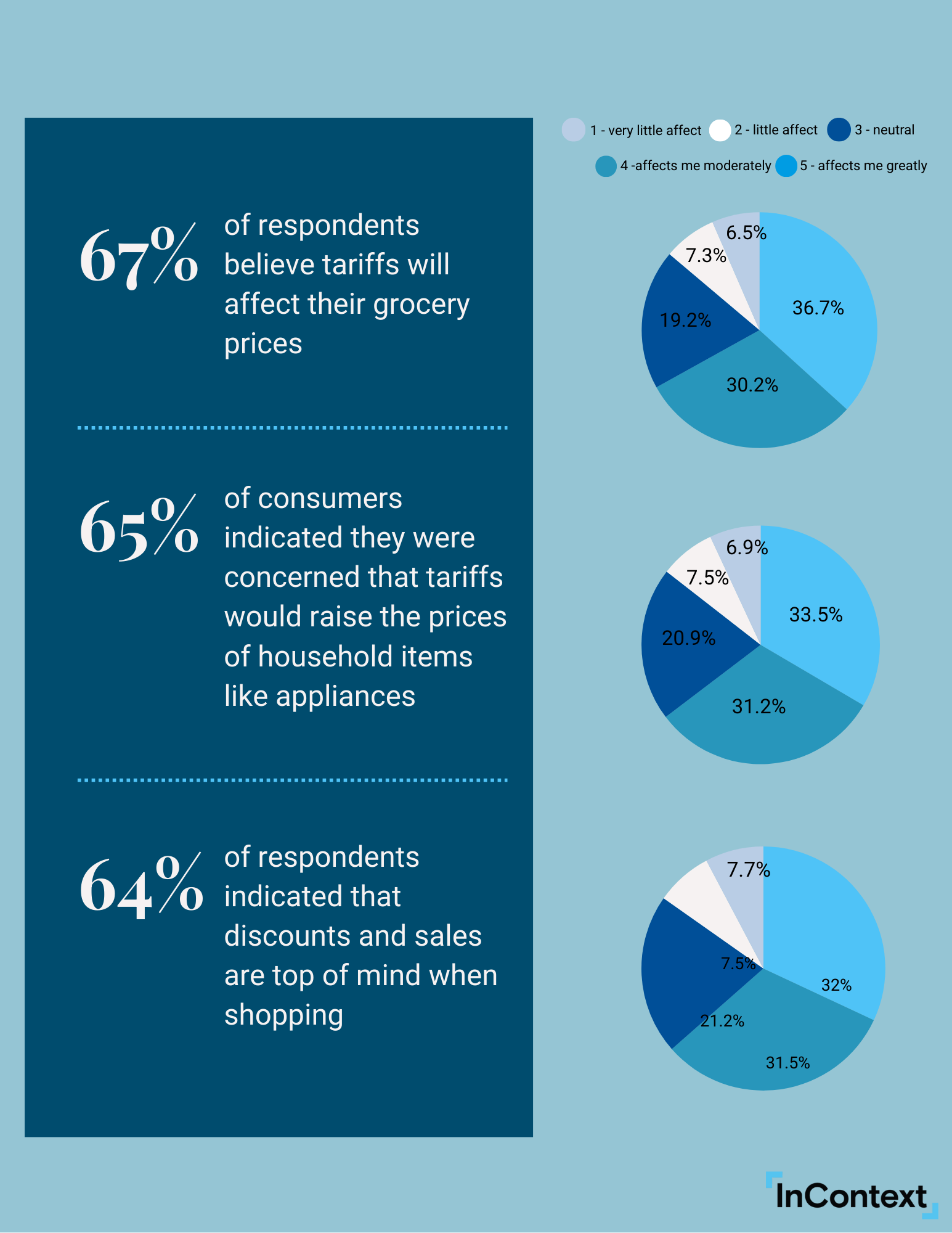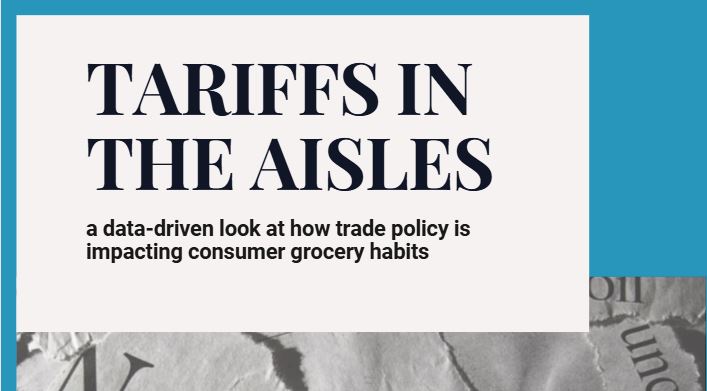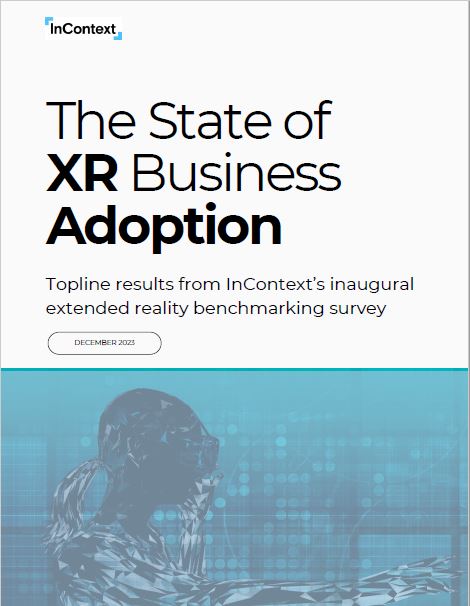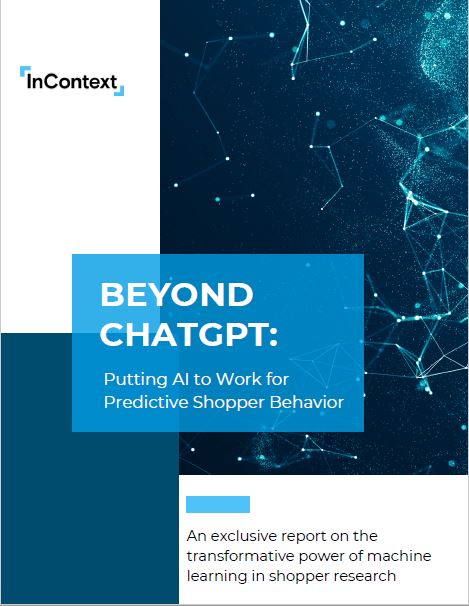A data-driven look at how trade policy is impacting consumer grocery habits
Economic uncertainty, like in the case of changing tariff policies, typically brings with it an increase in price sensitivity–making merchandisers jobs that much more complex. In light of ongoing economic shifts and rising trade tensions, InContext conducted a survey to understand how shoppers are reacting to perceived or subsequent changes at the shelf. We asked questions about perceptions on pricing, private labels, promotions and more.
14,132 respondents were asked to rate statements regarding recent government tariffs and how they feel they are affecting their shopping habits, on a scale of 1-5.

Key Takeaways
- Shoppers are more likely to purchase store brand grocery products or in bulk due to tariffs
- Retailers must cater to shopper needs by promoting storebrand offerings (i.e., loyalty rewards programs, bulk pricing)
- Shoppers are turning to U.S.-based retailers and manufacturers, emphasizing recent growth in “economic patriotism”
- Retailers and brands need to be transparent with consumers about pricing changes
- Manufacturers are advised to utilize more locally and ethically sourced goods, highlighting these features on product packaging
Executive Summary
Across all demographics, we see that shopper behavior is shifting due to recent government tariffs. To stay competitive, retailers and brands must proactively promote things like value-driven pricing models and ethically-sourced materials–and then clearly communicate these efforts through packaging and marketing. Digital twins offer a powerful solution, enabling companies to simulate, test, and optimize their strategies in real time. By leveraging this technology, businesses can remain agile, customer focused, and resilient in an uncertain economic environment.
Click the button below to download your copy!





